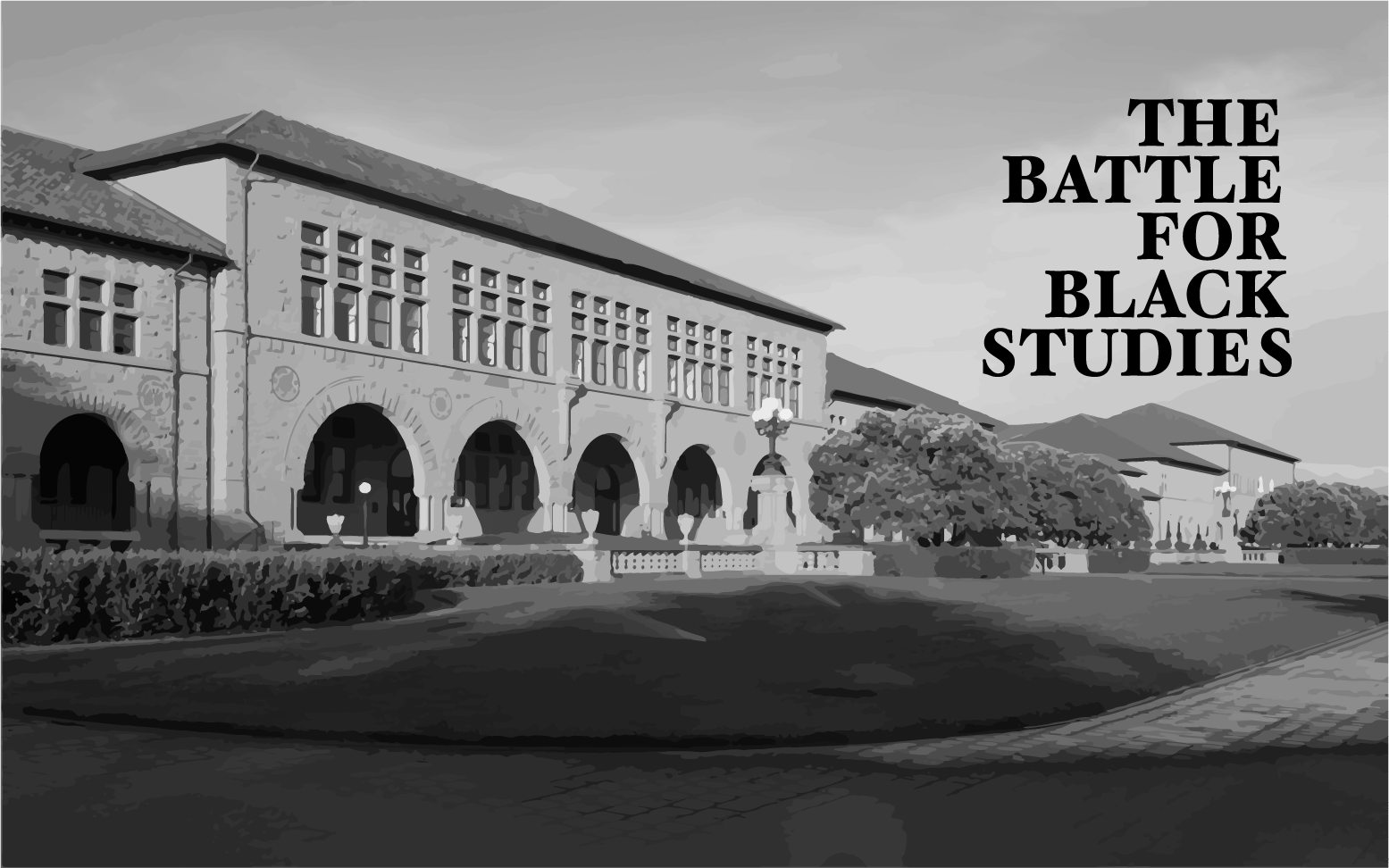My name is Kenneth Tea, and I graduated from Stanford in 2017 with a Bachelor’s in African & African American Studies. I am currently a first-year law student at the University of Hawaiʻi, at Mānoa. My parents came to the U.S. as refugees from Cambodia. I was born and raised in Southern California. Although I did not originally plan to major in AAAS, my time at Stanford awakened my passions for activism and social justice. By majoring in AAAS, I gained a holistic perspective of the fight against social injustice that centered the views and experiences of Black people.
The summer after my freshman year, Michael Brown was killed by police officer Darren Wilson in Ferguson, Missouri, resulting in #BlackLivesMatter protests all across the nation. On MLK Day that following year, 68 of my fellow Stanford students were arrested for blocking the San Mateo Bridge in the spirit of MLK’s march on Selma. As time has shown us, race relations remain at the forefront of our national consciousness — specifically the relationship between Black people and our criminal justice system. I declared my major in AAAS during my sophomore year, hoping to engage in conversations about race, privilege and the role of white supremacy in American society.
Black Studies is, in essence, the study of a continued struggle towards liberation. Black Studies teaches us how systems of oppression have developed and how to challenge these systems. Black Studies is, by its nature, intersectional. You cannot have Black Studies without considering gender, sexuality, socioeconomic class and other facets of identity; after all, Black people are not monolithic, and there is great diversity within the Black diaspora. Through the AAAS major, I had the opportunity to engage with a wide range of subject matter including Black queer theory, mass incarceration, prison abolition, the trans-Atlantic slave trade, the history of Black Muslims in America, Afro-Indigenous and Afro-Latinx history, the sociolinguistics of Black communities, implicit bias and the sociopolitical context of hip-hop music. Black Studies teaches us to understand different forms of oppression, on all fronts, by centering the lived experiences of Black people.
After graduation, I spent two years working in case management for homeless adults with severe mental illness in San Francisco and across the East Bay. I provided treatment for individuals struggling with mental illness and substance abuse. I helped my clients locate and enter into housing. I helped my clients navigate systems in which they were continually marginalized, such as in medicine and criminal justice. I entered into this field because I saw gentrification as a major issue in the Bay Area, where many people are forced into homelessness due to excessively-high rent prices. I wanted to work to empower those who were most directly affected by the Bay Area housing crisis.
Although gentrification and homelessness affect people of all races across the Bay Area, their effects are disproportionately felt in the Black community. Black Studies is crucial in helping us understand why these inequalities exist, how they developed over time, and what we can do in order to solve these issues. Black Studies introduced me to the ideas of Black leaders, scholars and revolutionaries who dared to challenge social injustice and imagine a brighter future.
My undergraduate studies in AAAS have provided me with a critical lens which I now bring with me into law school. It is no secret that Black people are treated unfairly by the criminal justice system. Mass incarceration remains one of the most pressing issues of our time. Black people are disproportionately incarcerated and given harsher sentences. Police brutality is rampant, and there is little to no accountability for police officers who exercise unnecessary force or who target innocent civilians for no reason other than the color of their skin. Our criminal justice system is deeply broken, and Black Studies is crucial in providing students with the perspectives needed in order to confront such deeply rooted social issues. After finishing law school, I intend to tackle these issues head-on by working in criminal law as a racially-conscious attorney whose practice is informed by abolitionist principles espoused by Black thinkers such as Angela Davis, Michelle Alexander and Robin D.G. Kelley.
It goes without saying that people of all races benefit from the fight against racism and white supremacy. The rights and privileges that I enjoy today as an Asian-American, are only possible because of the contributions of Black Americans who have demanded equal rights for all since the very founding of this country. The departmentalization of Black Studies is, therefore, crucial in ensuring that future generations of students and faculty can continue to study this rich history and use the frameworks provided by prior generations of Black leaders, scholars and revolutionaries in order to build a more just society in which people of all races and identities are treated fairly.
Kenneth graduated from Stanford University in 2017 with a B.A. in African & African-American Studies. He is currently a first-year law student at the William S. Richardson School of Law at the University of Hawaiʻi, at Mānoa.
Contact Kenneth Tea at ktea03 ‘at’ gmail.com
The Daily is committed to publishing a diversity of op-eds and letters to the editor. We’d love to hear your thoughts. Email letters to the editor to eic ‘at’ stanforddaily.com and op-ed submissions to opinions ‘at’ stanforddaily.com.
Follow The Daily on Facebook, Twitter and Instagram.
